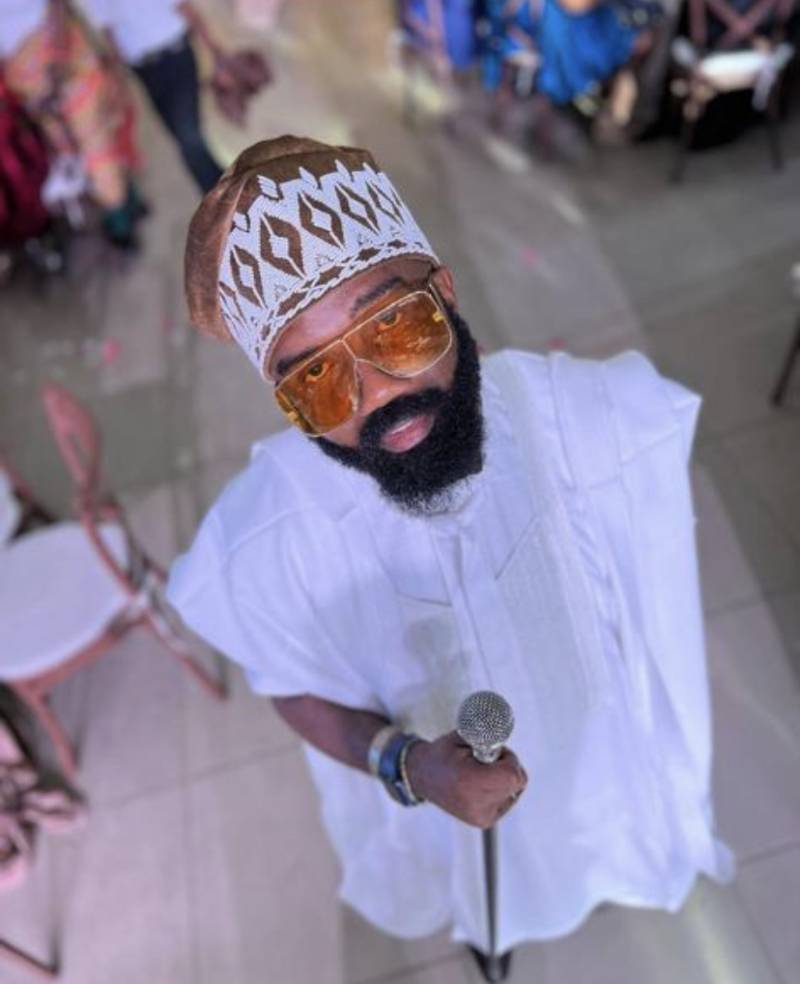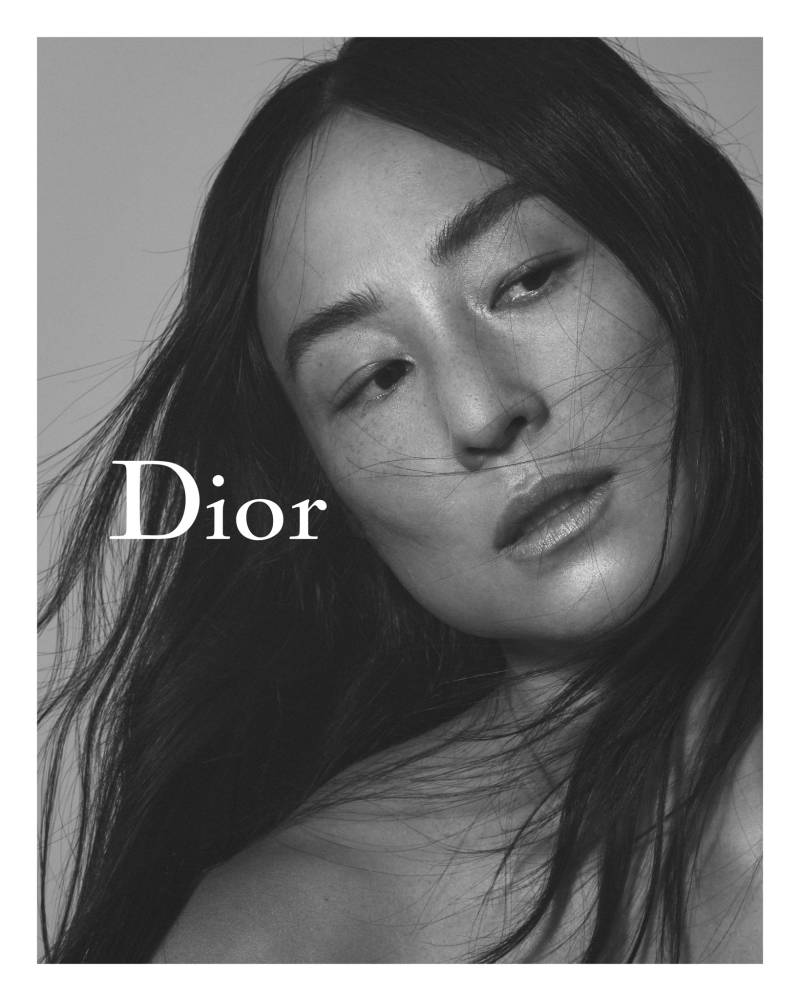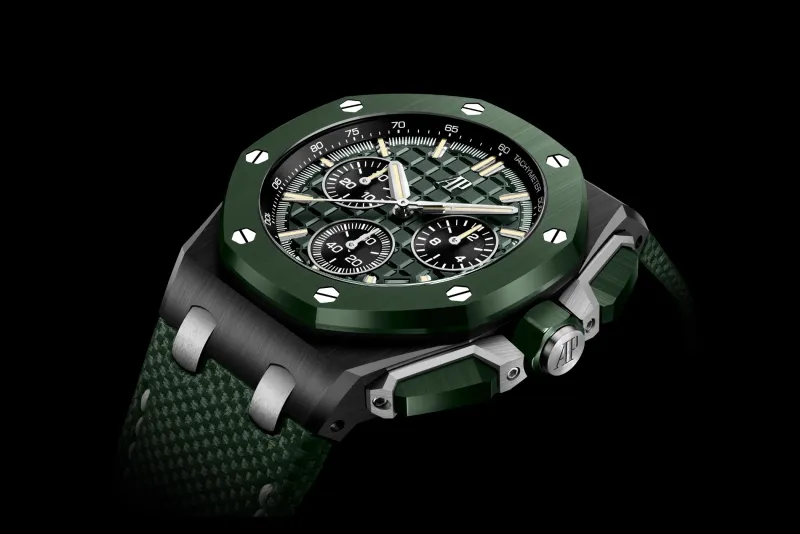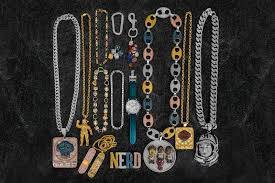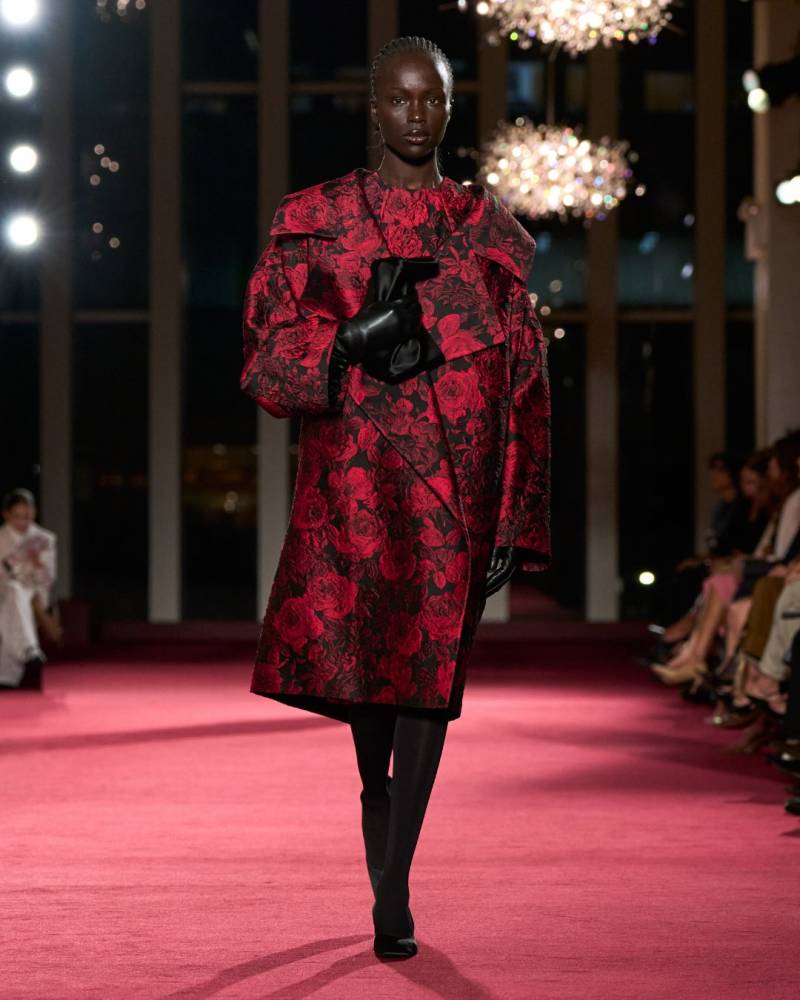Look around; influencer marketing is a big deal now. Throughout history, influential people have driven pop culture and impacted individual perceptions and behaviours across several sections of life, from politics and religion to business and personal choices. With the advent of technology, influence is now democratised, thanks to social and digital media allowing anyone—not just authority figures—to exercise it. Today, influencers are social media celebrities serving both local and big foreign clientele bases; some are even considered experts in their field. According to Wikipedia, influencer marketing is a form of social media marketing involving endorsements and product placement from influencers— people and organisations who have a purported expert level of knowledge or social influence in their field. Influencers are people with the power to affect the buying habits or quantifiable actions of others by uploading some form of original—often sponsored—content to social media platforms like Instagram, Twitter, YouTube, Snapchat, Tiktok or other online channels. True influencers can raise awareness in niche audiences, amplify messages and lead their followers to the desired action, whether they buy, vote or simply change their minds.
As more people litter various social media platforms daily and exponentially, brands—especially top foreign fashion and beauty brands—have adopted this subset of digital marketing as a critical strategy to penetrate a teeming online Nigerian population. The importance of reaching a target audience that is peculiar to a niche has become clear to brands.
And so, influencer marketing has filled a void that was begging to be filled. Modern marketing now often turns influencers into a crucial part or centrepiece of their campaigns to break the noise and attract consumer and media attention. However, in Nigeria, influencers weren’t always recognised as a force to reckon with in the digital marketing industry or the entertainment scene. As a matter of fact, brands would rather explore mainstream film, music and sports celebrity endorsements as a means to broader reach and consumers’ trust—this was the original form of influencer marketing. Just like power dynamic in terms of social status and class exists outside of social media, a similar arrangement mirrors it online, and it comes with many perks.
This comes years after questions were asked—often mockingly—of social media influencers. ‘What have you done that has given you the power to influence people’s decisions?’ ‘Who are you influencing?’ ‘You are an influencer because you can’t find a real job.’ However, we have seen its evolution in recent times from just what young people do on their phones to contract-signings that set people up for life financially. And with the high unemployment rate, the number of social media influencers is bound to experience an upward curve.
Generational Differences And A Clout-Chase Epidemic
Being an Influencer has been met with polarising reviews. Whilst Generation Z and some millennials consider it a sustainable job to build a lifetime career, the older, more traditional generation primarily views it as a waste of time. The concept of making picture and video content for a fanbase for a living doesn’t exactly resonate with them.
For young people, however, the prospect of living an often glamorous lifestyle ‘on the gram’, and making moves similar to that of regular music and film stars without having to face the hassles and sometimes frustrating demands of the corporate world is something to fantasise about. But the journey to the top of the food chain is not an easy climb. If you have been on social media ever, you will see a trend of young people doing all sorts of weird things in a bid to go viral, hoping for a quicker route to increase followership—this has become an epidemic. But one can see why they want to become an influencer so badly.
Recently, top international brands have chosen the influencer marketing route as their online strategy to penetrate the Nigerian market—and it is happening in every industry. We take a quick dive into just how effective influencer marketing has been in the fashion, beauty, music and film industries.
Influencers And Fashion Trends
The fashion industry in Nigeria has been standardised and integrated into our daily lives. We drink in excess amounts of creativity to develop a culture, almost as much as we do water.
The industry sees its purpose in the development, manufacture and marketing of style based on wants rather than as a means of meeting customer needs. Once upon a time, models and celebrities within the entertainment
industry had immense appeal to the fashion industry. They were the primary source of fashion inspiration for end-users and the best way for designers to introduce new styles. Nowadays, an increasing number of social media influencers have forged a path as innovative creators who set trends that are visually appealing to the public, trying new looks and sparking off new trends. Fashion brands have taken notice of this development and have leapt at the possibility of collaborating with these influencers to successfully increase their reach.
One man has been around for over a decade as far as influencer marketing and influencing goes in the Nigerian fashion and lifestyle industry. Noble Igwe(@noble_igwe), who started as a blogger, known for launching the entertainment website 360 Nobs, and then Style Vitae, a fashion blog, has been a mainstay in the fashion scene since the mid-2000s. When asked when he realised that he was becoming influential online, he said, “I realised that I am an influencer the moment people started taking my pictures to their tailors to make something that I wore. I also had moments when people posted pictures and tagged me as the inspiration.”
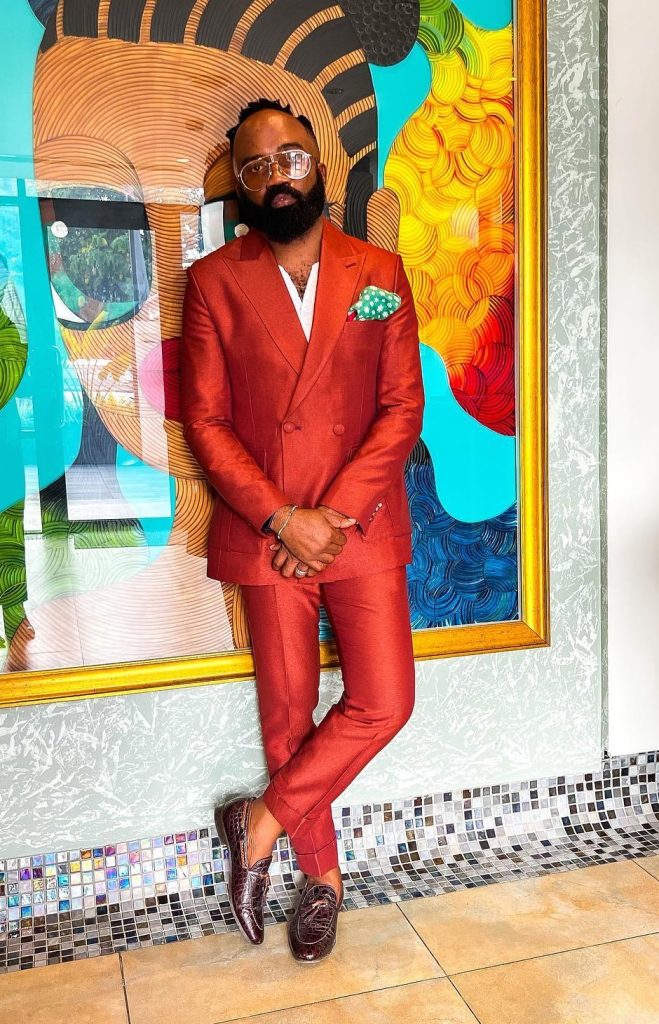
Noble Igwe
Most influencers don’t set out to become an influencer. For a lot of them, the role chooses them after they have garnered a lot of attention doing whatever creative endeavour they became popular for—it is a similar situation with Igwe. When asked to narrate his journey to becoming an online influencer, he responded, “I don’t call myself an influencer. I’m just the dude with an influence over a certain group of people with a love for fashion, lifestyle and family.”
Due to the nature of their job, which is often very flexible and doesn’t take an extremely formal route, people have grown to look at influencers as doing a relatively easy job. Noble Igwe shared his thoughts on this, “it could be easy, but if you want to create a lasting impression, you need to look at your content as an art, and no art is easy.”
The relationship between brands and influencers is very dependent on social engagements. The biggest influencers are usually measured by how many people they can reach, so the more often an influencer creates viral content, the more brands want to associate with them. But are there steps to follow to go viral, or is it sheer luck? Igwe says, “there are no standard steps, you just have to keep creating great content, and the good ones will take off and fly.”
So many things are in an influencer’s control—what content they post, who they choose to work with, and at what interval they schedule their posts. However, one thing they can’t influence is how well those contents are received by their audience and the internet at large. In typical ‘you win some, you lose some’ instances, sometimes influencers fall short of the expectations of brands they partner with. Igwe explains how he handles such situations when they arise. He said, “I must have had, but I also find a way to make sure that I look for a way to make it up beyond what we agreed on.”
Bloggers were the beginning. They challenged the status quo in fashion marketing by their ability to quickly deliver both unique looks and interesting criticism of designs. Up-and-coming fashion designers began working directly with them. This decision reduced their dependence on traditional fashion magazines and runway events. The appeal for this was straightforward. Brands were able to target specific niche markets on a budget while humanising themselves and providing bloggers with new and intriguing subjects to discuss. Eventually, renowned luxury firms began to look into the influencer marketing sector after their success with smaller designers. A prime example of these blogger success stories is Fisayo Longe (@fisayolonge), owner of ‘Mirror Me,’ a fashion, travel, and personal development blog. Her website was named the Best Travel and Lifestyle Blog of 2016 by InStyle U.K. Her ready-to-wear collection, Kai Collective and Accidental Butterfly— which she serves as the creator and creative director—reflects her sense of style.
Social media has now grabbed the centre stage from bloggers, ushering in a new era of influencer marketing. Influencers now use social networks like Facebook, Instagram, YouTube, Pinterest, and TikTok as their stomping grounds. In a way that TV advertisements and other traditional media cannot, the fashion influencer marketing area links consumers with the runway and cultural fashion. Influencers are simple to follow and connect with, and their content is easily shared; therefore, their popularity has skyrocketed. As a result, brands can create vibrant communities around their products by collaborating with fashion influencers and creating a strong social media presence for themselves. Another fashion influencer, Ozinna Anumudu (@ozzina), is a branding guru for durable and reputable Nigerian fashion products. Her following base is large across the country.
Thanks to social media, consumers are adopting and abandoning fashion trends faster than ever before, and manufacturers must keep up with the trends to satisfy their buyers. What better approach for them to accomplish this than to utilise fashion influencers? It simply goes to show how essential fashion influencers are to the industry. They would emerge wearing the cloak of creative aesthetics, nourishing the eyes of followers whose decisions they influence.
Beauty Influencers Glowing In Endorsements
Beauty influencers are social media users passionate about the beauty industry and engage their followers while endorsing specific makeup and beauty brands through digital content or other means. Cosmetics brands are no strangers when it comes to collaborating with influencers. Nigeria’s beauty industry is making many improvements as brands produce better quality products on the back of significant reviews from popular influencers.
To become a successful beauty influencer requires being relatable to your audience, having in-depth knowledge of the industry, being confident and providing helpful content for your fan base. Beauty influencers are professional makeup artists or beauty enthusiasts obsessed with makeup and skincare. Media personality, Kaylah Oniwo (@kaylahoniwo) was created with beauty, fashion and lifestyle influencing in her DNA. She first ventured into the media industry, landing her big break when she joined Cool FM in 2020, and has since morphed into one of the strongest voices in the beauty industry.
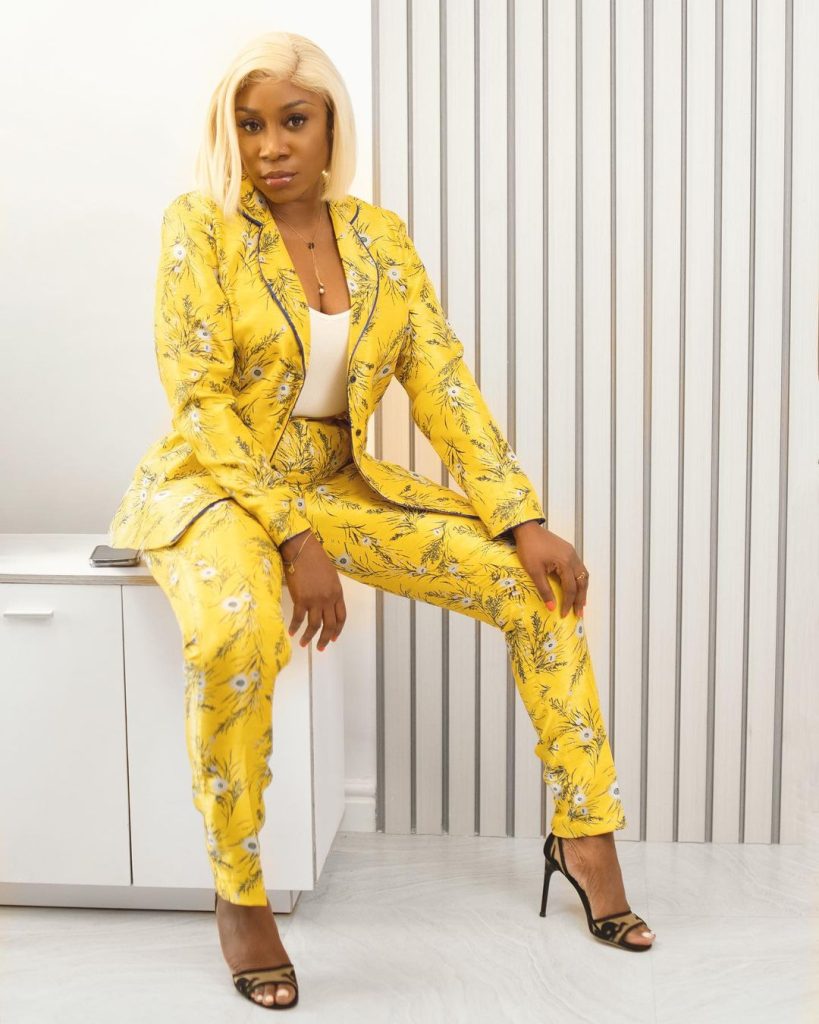
Kaylah Oniwo
Like Noble Igwe, Oniwoh didn’t set out to become an influencer. She shares her journey to becoming one. “I don’t recall the exact year I realised I was becoming influential online, but I definitely noticed people requesting to know where my clothes, skincare, makeup products, what I eat, etc, were from. People will also recommend me to others by saying if ‘Oniwo talks about it, it will create awareness.’ They would also reach out requesting to send me products or services in return for a mention.”
Of course, being on the radio plays a huge part in giving her a voice. Oniwo speaks about how she had already built a foundation for her brand as an influencer—having hosted her own radio show, Catwalk With Kaylah, where she talked mainly about fashion—even before social media. She said, “being on radio back in the day automatically meant influence. People wanted to hear your opinion and know more about you, but social media wasn’t this big, so many people knew the voice and less of the face. I joined Instagram in 2012, there wasn’t anything like the term ‘influencer.’ We just posted nice pictures, liked other people’s pictures and kept it moving. Social media was for bants and disseminating information. As a radio host, it was also a platform for people to put a face to the name/ personality. Everything happened organically. As my personality grew online, brands started reaching out to work with me, and the rest is history.”
‘How difficult could being a beauty influencer possibly be?’ One might ask. On the surface, it does seem like all they do is look nice and take pictures. This notion has often created a negative perception of beauty influencers. Oniwo speaks passionately about some of the challenges of the job, “nothing is really easy to be fair. Just as with every other career, challenges come with it. There are a lot of things that aren’t easy in the content creators’ world. There’s burnout, being underpaid or undervalued, being referred to as ‘an influencer’ in a derogatory term, clients’ comments like ‘is it not just to take a picture and post,’ people or brands plagiarising your work, clients insisting on the narrative, the list is endless. I have been doing this for a long time, and I know how to handle most of these situations. I own my space confidently and proudly while creating as much as I can in the most authentic way possible.”
She also shared her opinion on content virality. When asked if there are steps influencers take to mastermind viral content, she said, “yes! Going viral can either be premeditated or organic. Brands and individuals use the former when trying to send out a message, build a following or create engagement. The latter create regular content that goes viral beyond their imagination. The likes of Majimbo and Khaby Lame are examples of people who went viral organically. Whatever steps anyone intends to take, it really boils down to acceptance. Sometimes you don’t really know what can get millions of people talking.” If influencers have one job, it is to get people talking. When brands partner with them, that is usually the result they are looking for, but sometimes influencers fall short. Oniwo talks about her experiences working with brands.
When asked if she ever had a campaign that didn’t exactly meet expectations, she responded, “yes but rarely. I have had successful encounters with most brands. The post didn’t do well because the brand tried to speak in their voice instead of mine, and when we saw the results, we re-created and executed the project, which turned out successfully.”
Kaylah Oniwo, who had started garnering influence over a decade ago in the ‘she is just an influencer’ era, thinks the industry has a bright future as a career path. “Indeed, it is a career path for generations to come. It will evolve beyond creating content,” she says emphatically.
Beauty Influencing is quite powerful. Some brands partner with influencers to make entirely new makeup lines simply because said influencers have become a go-to for product and services review— which often involves live demonstrations of the products in the form of promotional videos—for their large following. It is also safe to say that many people have testified to buying some beauty products simply because they were recommended by their favourite beauty influencers. For brands releasing, promoting or trying to revive an old product, working with an influencer has become the norm in recent times. Launching collections with influencers get them a new audience within the same demographic they are targeting.
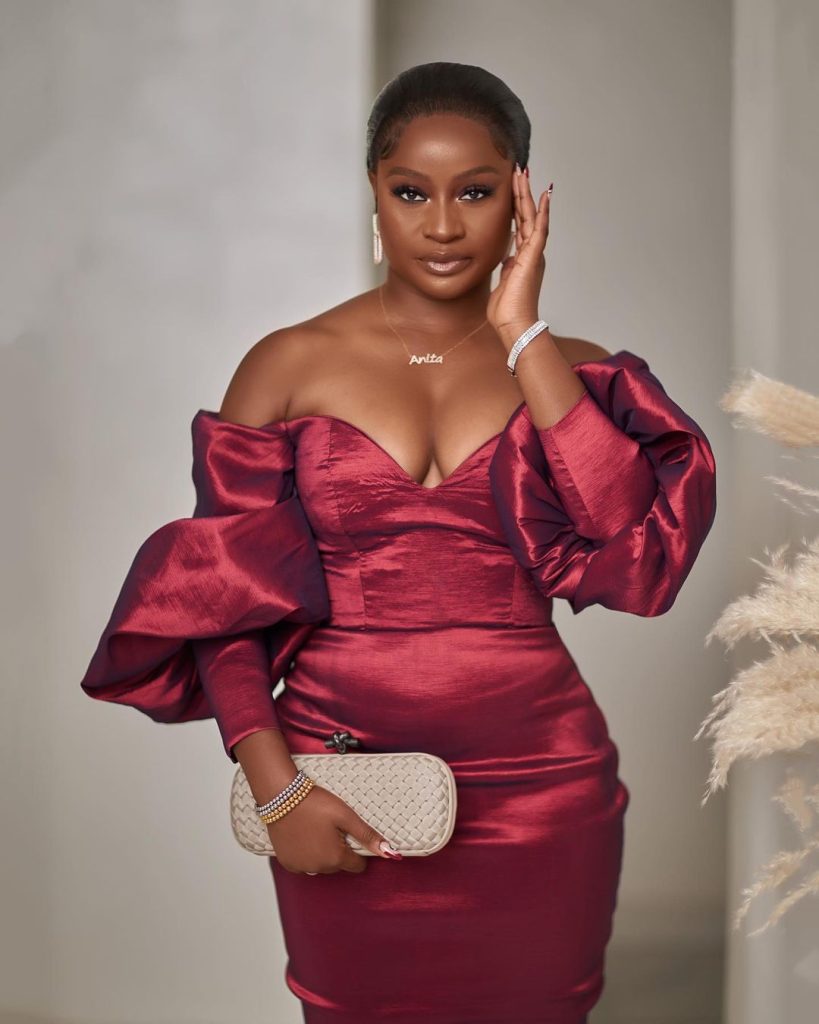
Anita Adetola
Some makeup artists also get placed on a digital pedestal as key influencers in the Beauty Industry. One of them is Anita Adetola (@anita.adetoye), who is also a content creator. Anita has built a large fan base over the years, working with A-list celebrities, and has experimented waith all kinds of products ranging from makeup to skincare and hair products. She often shares tutorials and ideas on her social media platforms, and her work is widely recognised.
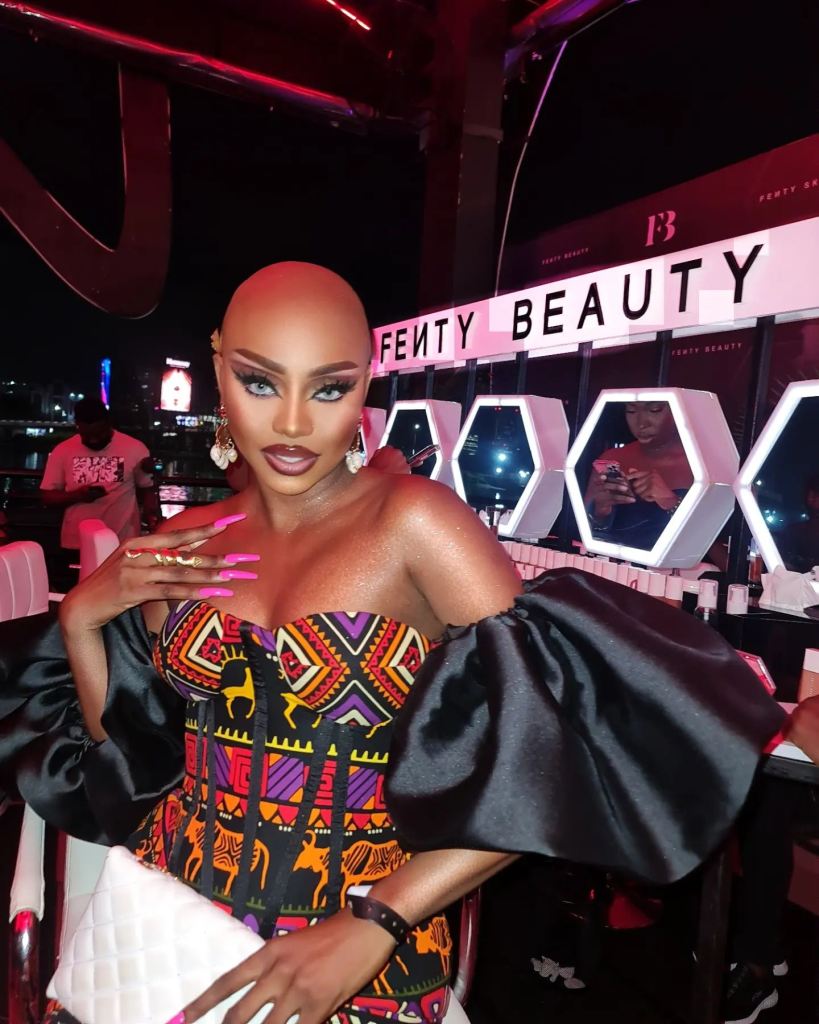
Daala Oruwari
Sometimes, players within the creative industry double as beauty influencers. Media personalities such as Enioluwa Adeoluwa and Daala Oruwari, known skincare and beauty enthusiasts, also secure top influencer marketing deals. Although some are part-time influencers bagging endorsements as side gigs, others are dedicated to the course full time. Either way, the job requires influencers to pay attention to detail, arm themselves with information about the products and services they are endorsing, and be consistent in posting helpful beauty content.
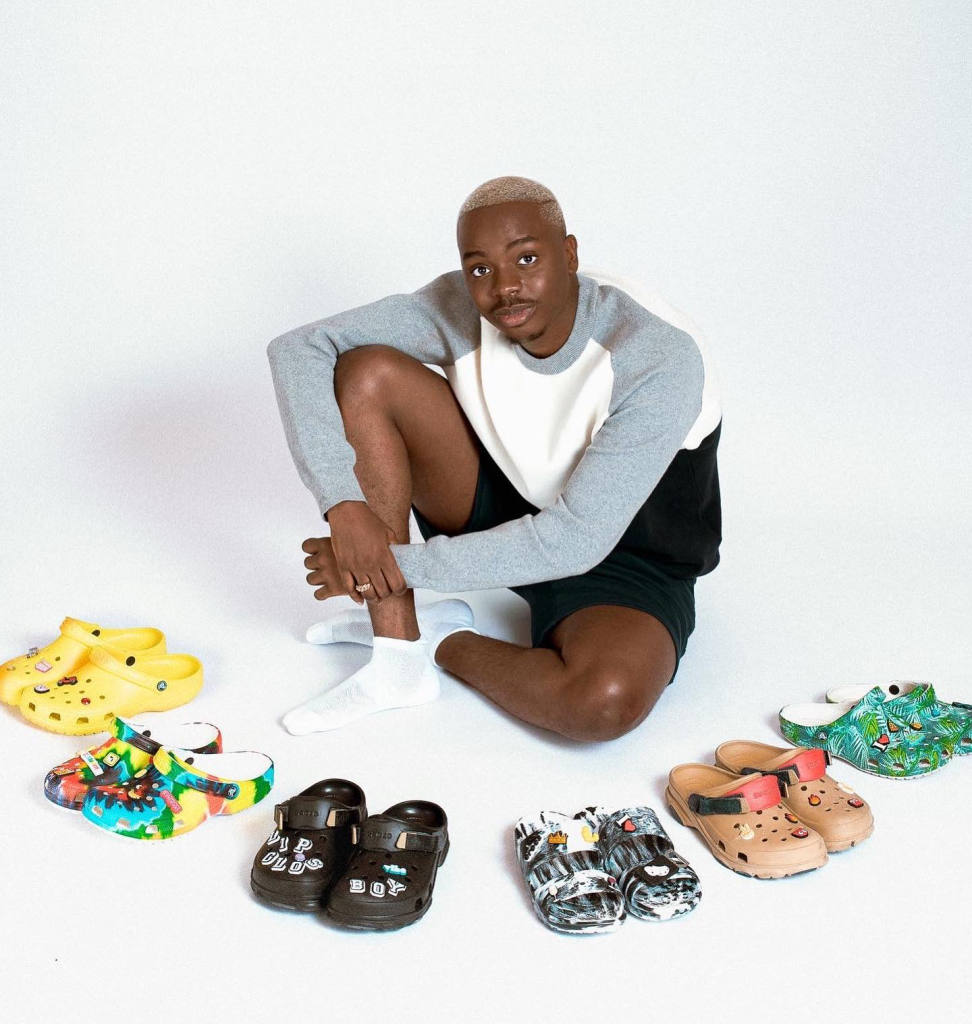
Enioluwa Adeoluwa
Tiktok Influencers Shaking Up Music Charts
Music is boldly embroidered into the fabric of lifestyle, and this is no different in Nigeria’s case. If the Nigerian entertainment industry was, let’s say, an unmeasurable acre of land, the music and lifestyle ecosystem would make up for the trees, animals and a huge, ever-flowing body of water furnishing this land. You can argue that it’s not true and that this theory has no legs to stand on, but you are sorely mistaken. If you were to pick your preferred device and google “Nigerian Influencers” three out of the five names mentioned are musicians. And although their primary role under the societal umbrella is different, their notoriety adds an extra feather of influence to their hats. That way, they leverage it when brands approach them with the proposition of becoming ambassadors. In recent years, the emergence of monetising social media influence created an official identity for this niche while also opening an unconventional portal into music and the country’s lifestyle. Now, with society hurling at the speed of light toward new technological developments, ever-changing algorithms and out-of-the-box marketing strategies that hinge on social media, the need for this profession actively participating is a huge determinant. Before it, influencing was pivoted on what people read but with an ever-growing disinterest in reading and the littering of fake news, the attention has shifted and adapted to a visual derivative.
TikTok, Instagram, and Youtube modelling their algorithms to suit people’s lack of interest presented a new opportunity for music and its marketing. It’s a win for these otherwise normal individuals in this field because, unlike artists, they leverage their massive following on these platforms, as social media influencers, to propel streams and airplay. Their creative improv videos using these tracks also actively influence their positions on local and global charts.
A case in point would be Melvitto and Wande Coal’s recent hit song, Gentility. Released as far back as 2019, the track re-entered Apple Music’s Nigeria Top 100 chart and quickly rose to the pinnacle of the summit, thanks to a viral dance that ensued on TikTok a few months ago. Although it is hard to tell if the orchestration of the trend was deliberate or completely organic, employing the services of several influencers is a marketing technique adopted by music managements. Instances like these are among the many benefits of influencer marketing in the current web 2.0 era.
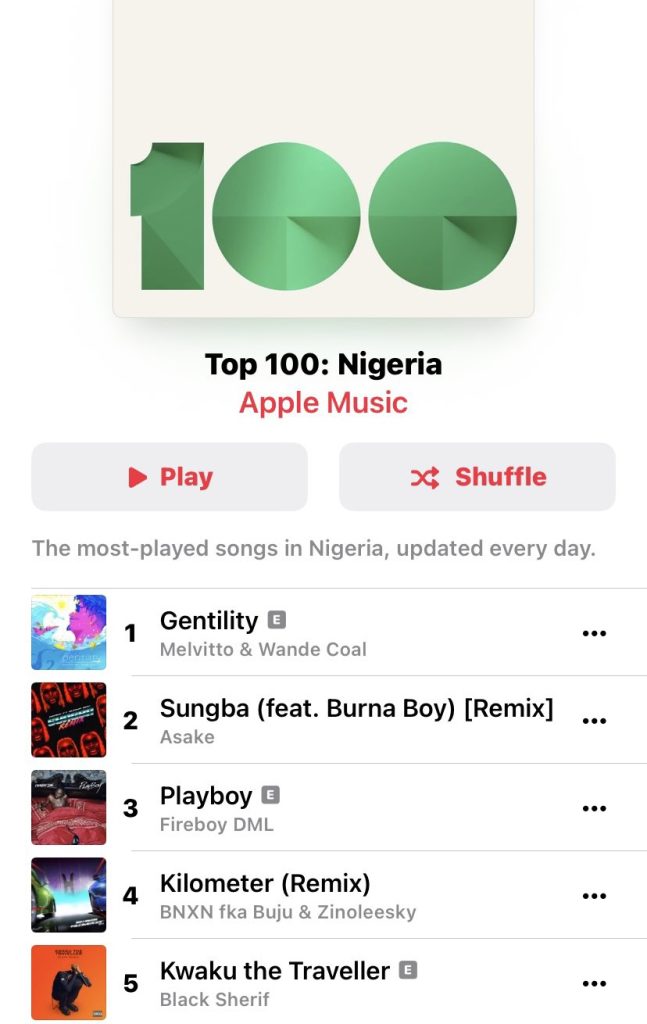
Melvitto’s Gentility
For fans of street hops, one particular influencer, Iweh Pascal “Poco Lee” Odinaka (@poco_lee), has carried the mantle of transporting sounds from the grassroots (read: trenches) right up to the top of national charts. Poco Lee who had originally penetrated the mainstream music industry through his dancing skills—earning acclaim as one of the most famous street dancers in the country—has over the years been responsible for bringing underground artists through the ranks and helping them get their first hit songs. Some of these artists to have achieved national stardom through his influencing powers include recurring street anthem singer, Bella Shmurda, ZaZoo Zehh singer, Portable, and sensational Ghanaian rapper, Black Sherif, to name a few.
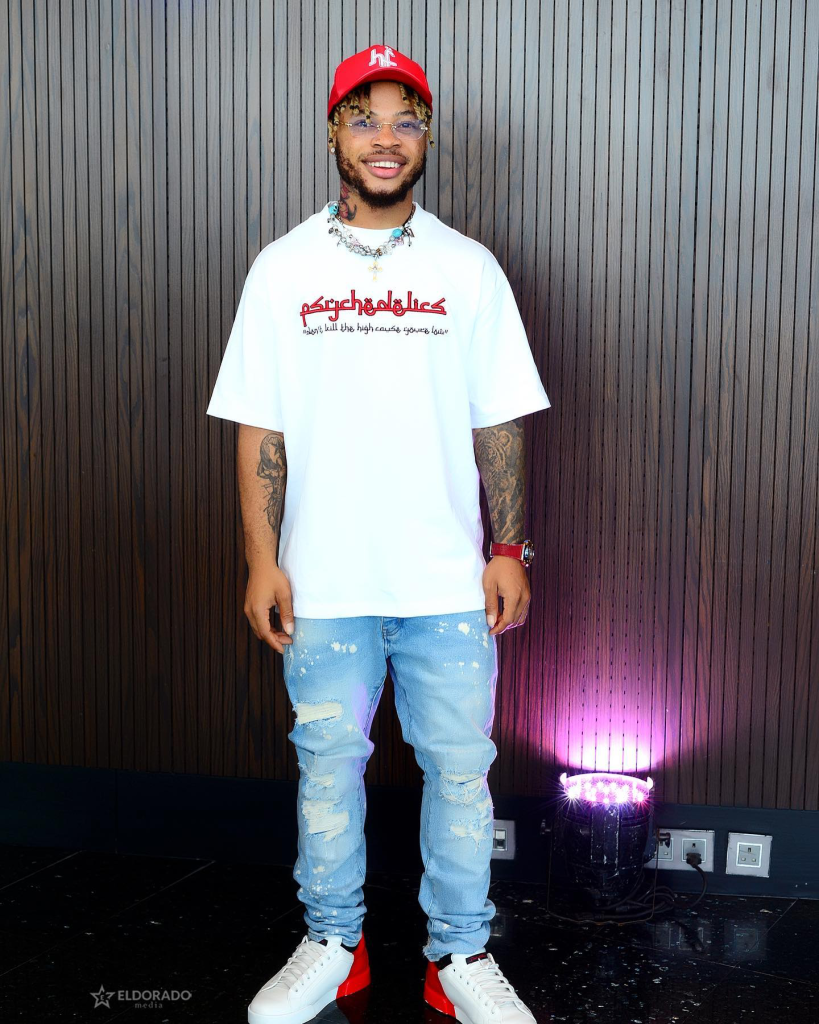
Poco Lee
Nollywood’s Relationship With Comic Influencers
Like music, aspects of the lifestyle ecosystem have also been infiltrated through the portal this new age job has created. A dollop of these Instagram influencers who started off making viral skits or video content has built a steady fanbase and has branched out of the quadrants of influencing to take on bigger jobs and roles. These select creatives whittled their own way into becoming significant players in the Nigerian lifestyle space.
Stand-up comedy, for example, which was of immense cultural significance in the past, can no longer boast of the same relevance in today’s world—as it once did—due to the rise and success of viral comedy. It is easily accessible, shorter, offers a broader audience, and you have the choice to view or not to. Not to mention the more opportunities it creates for those who really know their onions.
The likes of Nosa “Lasisi Elenu” Afolabi (@ lasisielenu), Samuel Animashaun “Broda Shaggi” Perry (@brodashaggi), and so on are examples of social media content creators who leveraged their influencer popularity to become consistent faces in the film industry. Nollywood has also been an eager recipient of this influencer culture. Since influencer marketing became mainstream, the movie industry has welcomed with open arms several viral comedians, the most popular being Dayo “Mr Macaroni” Adedayo (@mrmacaroni1). Although Mr Macaroni started his career in the creative industry as an actor, it wasn’t until he switched paths to creating social media skits as an influencer that he began to get the recognition that has now thrust him back into Nollywood as one of the most popular actors in the industry. He currently stars veteran actors in his short films. His influence has also seen him become one of the loudest activist voices in the country, thanks to his heroics during the #EndSARS protests.
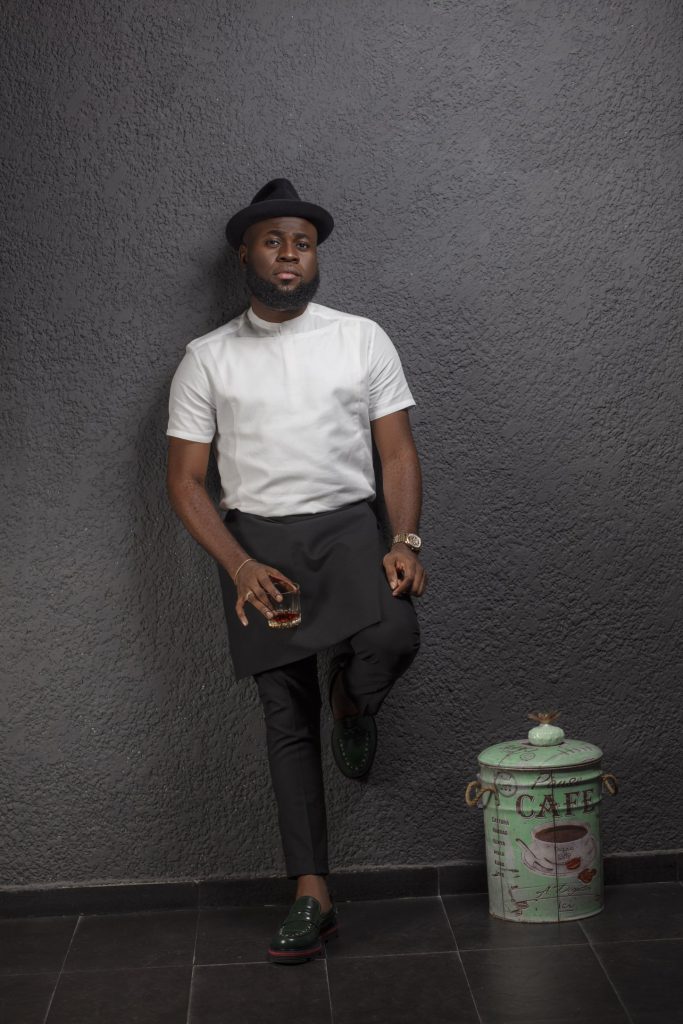
Lasisi Elenu
The impact of influencer marketing in Nollywood can also be felt through the Africa Movies Viewers’ Choice Awards’ introduction of the ‘Online Social Content Creator’ category, won by comic, Chukwuemeka Emmanuel “Oga Sabinus” Ejekwu (@mrfunny1_) at this year’s edition. Broda Shaggi was also awarded The Best Actor In Comedy that night.
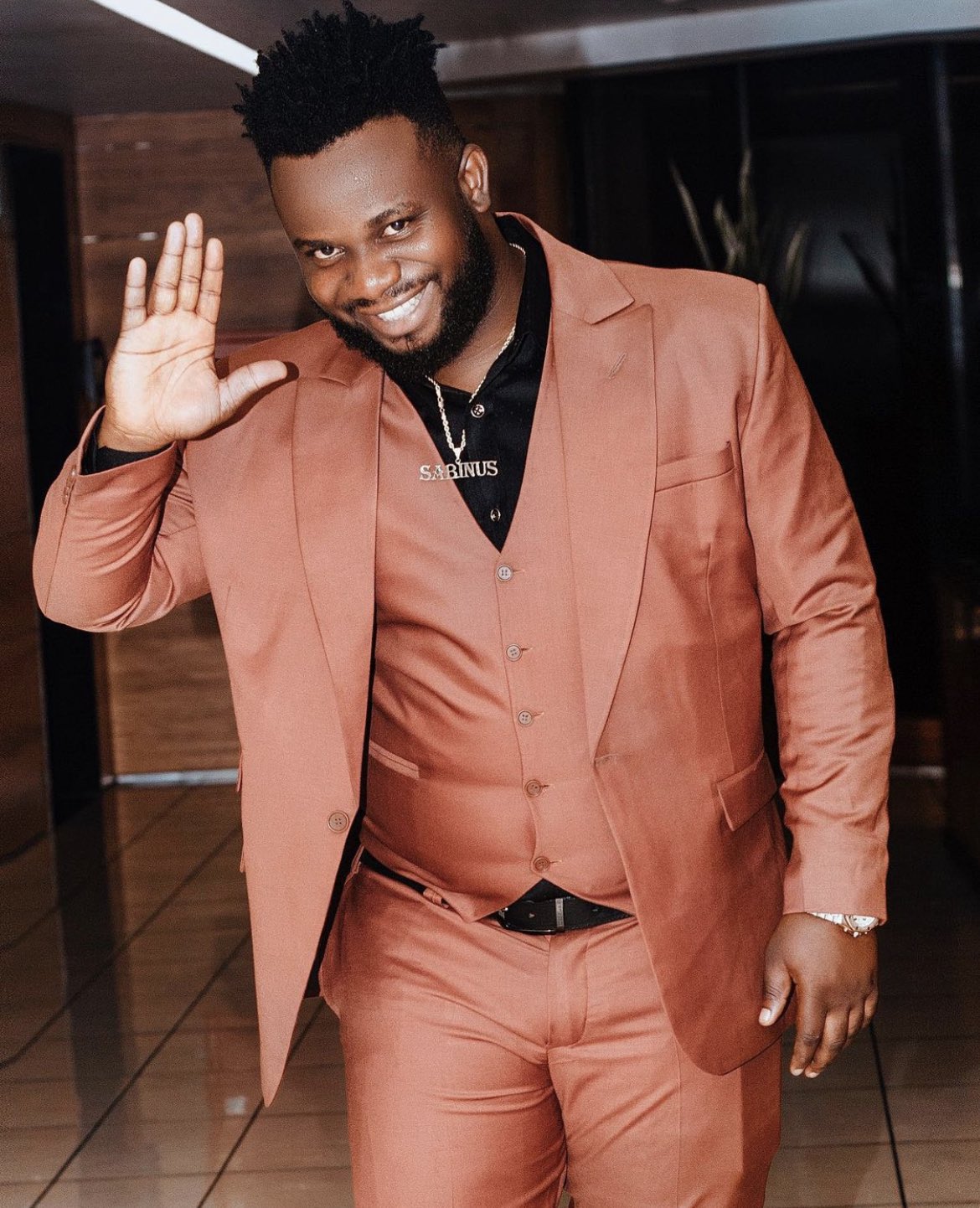
Oga Sabinus
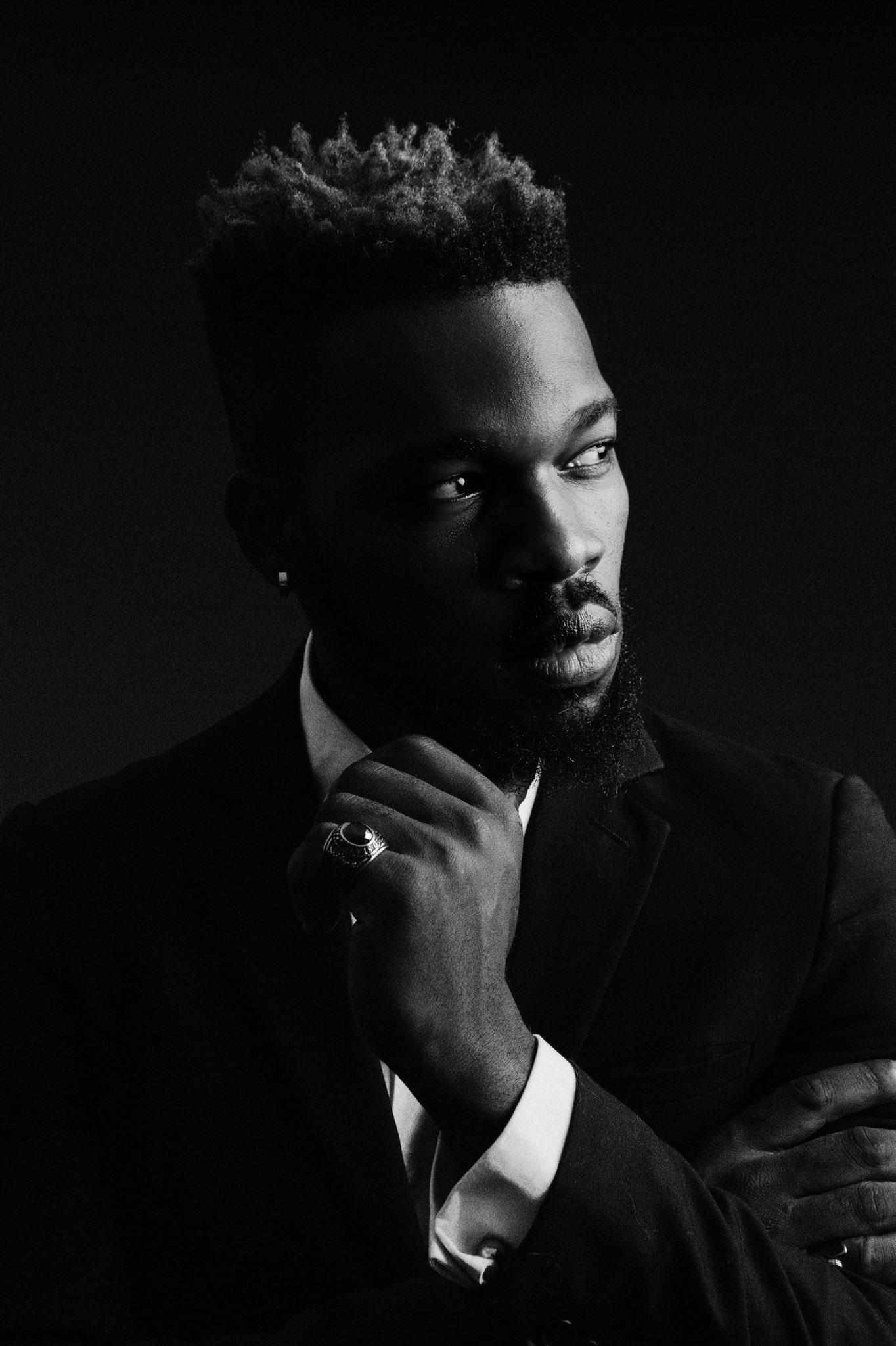
Broda Shaggi
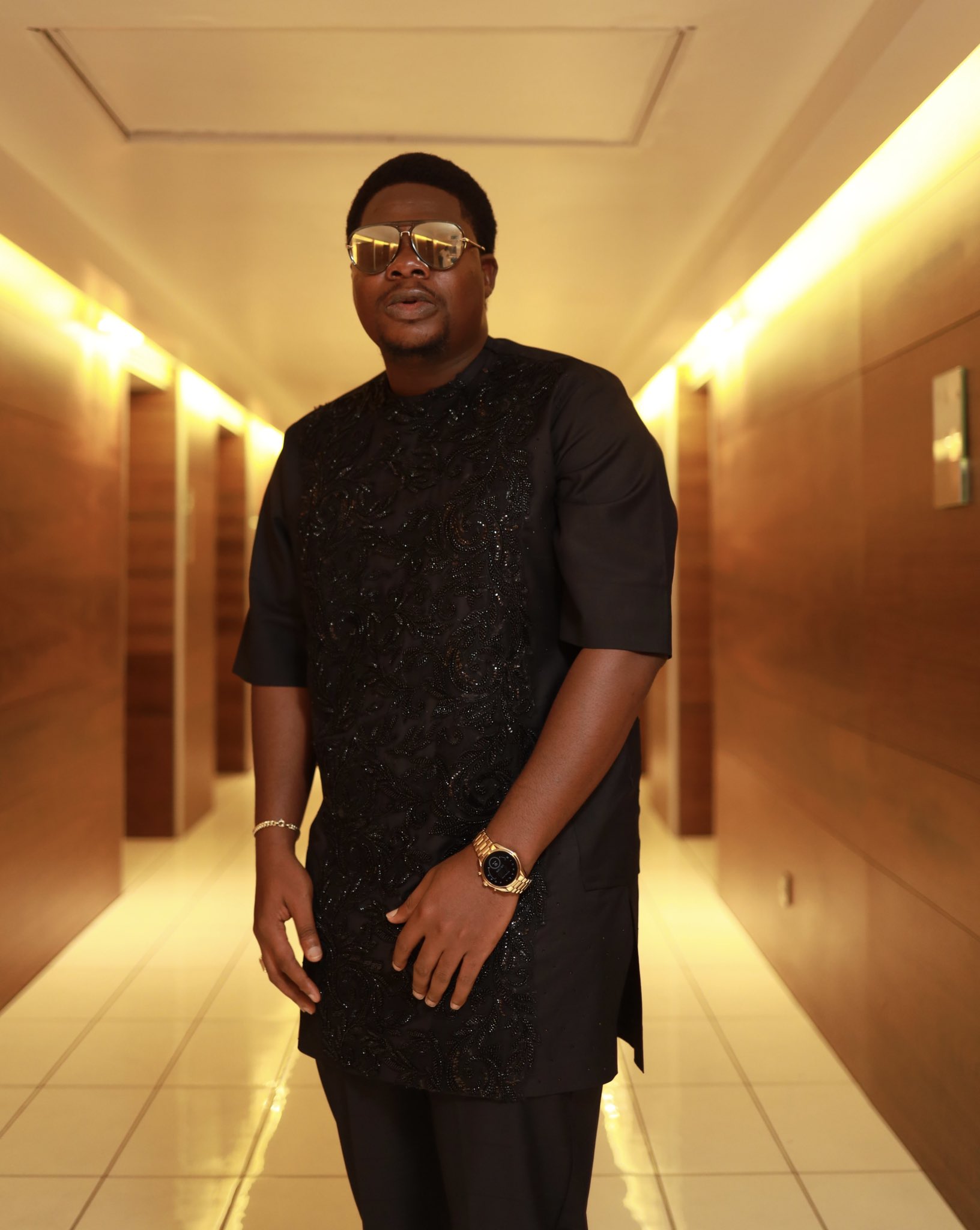
Mr Macaroni
In Finality
A few higher institutions worldwide, such as the Bircham International University in Spain, the University of California San Diego in the United States of America, eCampus University (online) in Italy, and so on, are already offering Bachelor’s degrees in Influencer Marketing. They are taking steps to educate regular students and challenge society’s perception of influencers. Asking Nigerian tertiary institutions and the education board to include Influencer Marketing in curriculums or as an entire course of study may prove more difficult than getting them back from the ongoing strike.
However, the popular miseducation of influencer marketing is not only unhealthy as it dismisses the young people’s dreams of building a whole career around it. It also deprives brands of the prospects of working with influencers with actual education in that section of digital marketing. Another significant change that is bound to happen with society’s full acceptance of influencer marketing is a new generation of social media users taking a more measured path to digital stardom. This will take prominence instead of the consistent chase of often fleeting online relevance popularly referred to as clout.
As the popular saying goes, ‘if you love what you do and do what you love, you will never work a day in your life.’ Although it is clear how enviable influencer marketing is, most people still see it as a hobby. And so the billion Naira question is: When does it start getting mainstream recognition as a sustainable career path?
Going back to the words of Noble Igwe, when asked if he thinks influencer marketing could be a career path or it will remain a hobby that can generate revenue, he said, “it could be, but also know the right time to scale. People will always come from behind and do it better. You just need to make your influence grow into a business.”
Will society finally come around to acknowledging Social Media Influencer as a career, or will we continue to see it as a hobby?
